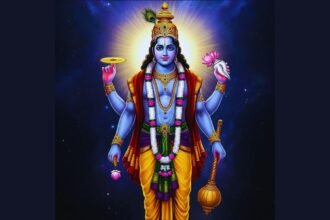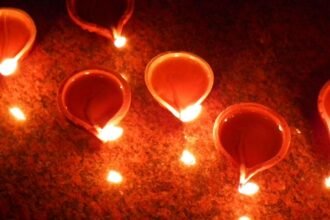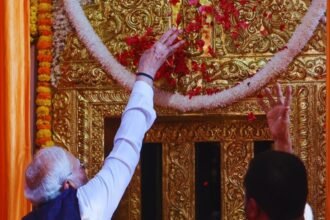New Delhi: The sacred fortnight of Pitru Paksha, devoted to honoring ancestors, concludes today with Mahalaya Amavasya, also revered as Sarvapitri Moksha Amavasya. According to the Hindu calendar, the fortnight begins on Bhadrapada Purnima and culminates on Ashwin Amavasya, symbolizing the return of ancestors to their celestial abode after receiving offerings from their descendants.
Over the last 15 days, countless families across India observed rituals of Shraddha, Tarpan, and Pind Daan with devotion, seeking to bring peace, prosperity, and liberation (moksha) to the departed souls. Priests across pilgrimage sites like Gaya, Varanasi, Prayagraj, and Haridwar performed special ceremonies, with devotees offering water, sesame seeds, rice, and prayers to their ancestors.
Cultural scholars note that Pitru Paksha is not only a spiritual practice but also a reminder of India’s timeless tradition of remembering lineage and acknowledging the unseen bonds between generations. According to Sanatan Dharma, ancestors are believed to descend to the earthly realm during this period, bestowing blessings, alleviating sorrows, and returning content after being honored.
This year, Pitru Paksha began on September 7 and concludes today, September 21, with the final rituals of Mahalaya Amavasya. Devotees believe that offerings performed on this day carry special spiritual merit, ensuring the soul’s journey towards liberation and granting peace to future generations as well.
Beyond rituals, Pitru Paksha also underscores an ethical message — that remembrance and gratitude towards one’s roots form the foundation of dharmic living. In villages and towns alike, families came together in collective worship, reinforcing the cultural continuity that Sanatan traditions have preserved for centuries.
As dusk falls on Mahalaya Amavasya, chants of mantras and the fragrance of sacred offerings echo across temples and riverbanks, marking the farewell of ancestors and the reaffirmation of faith in eternal bonds of family and dharma.















